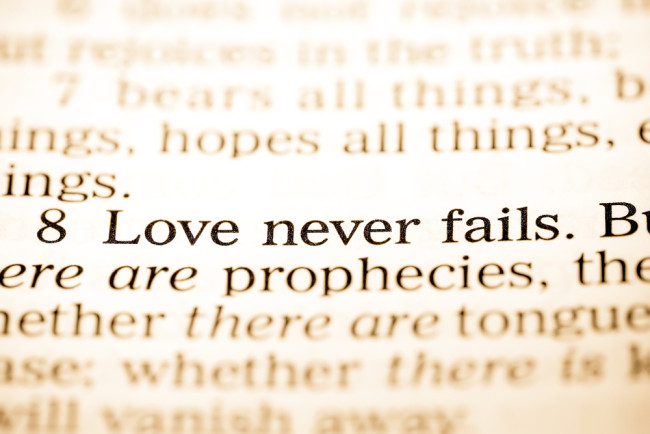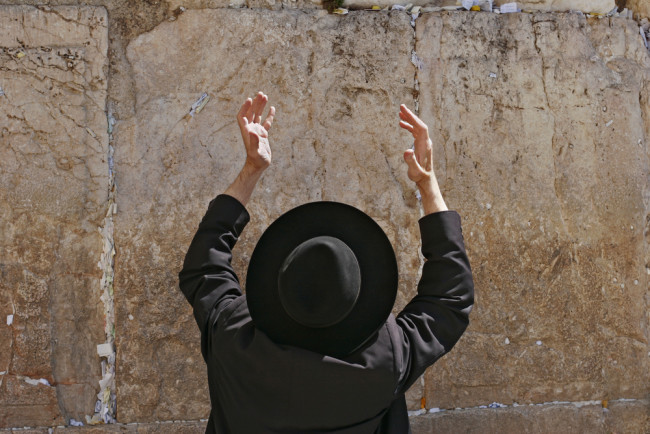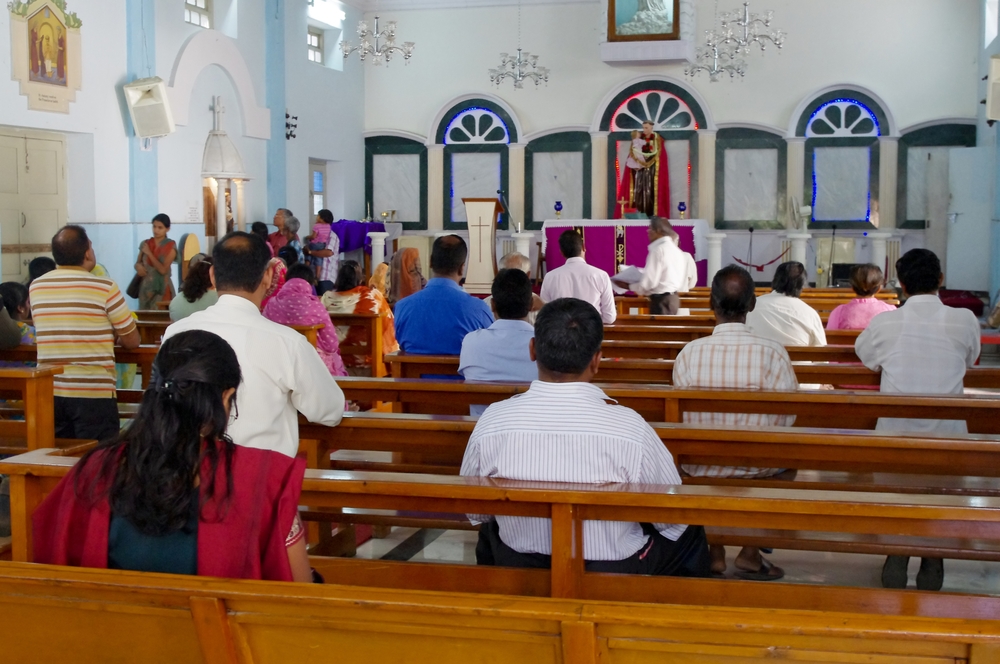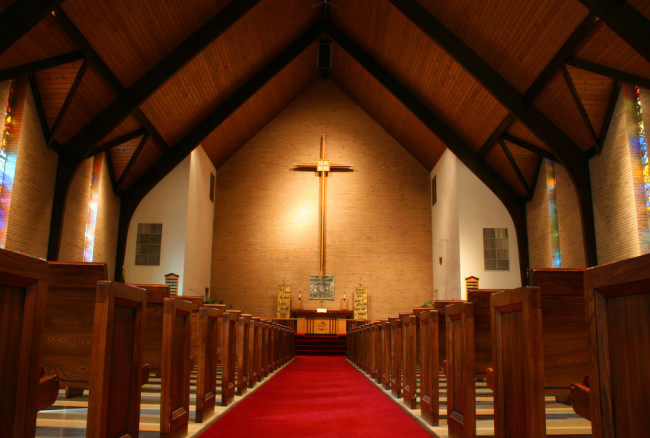Their relationship remains unclear. They may be unlikely brothers, or perhaps like Oscar and Felix, they are simply an odd couple sharing the same highrise apartment.
I went to the funeral home last night to see a friend whose life was entwined with mine. Someone once told me that if you want to know the truth about a person's life go to their funeral.
A Wedding Hymn
Like potter’s clay on spinning wheel, Grasped by strong hands that push and pull, Our lives take shape in height and breadth, In form and grace most wonderful.
A Wedding Hymn
In community we gather, Off'ring blessings on this day. Friends and fam'ly joined together, Raising voices now to pray.
The kingdom of God is like the leader of a mainline religious institution who needed to hire new clergy to minister to his congregations.
Bonhoeffer believed that in the future a religionless Christianity—stripped of its religious garments—would be limited to two things: prayer and action.3 He believed that through these two acts Christians would learn to see the world from a new perspective, with the eyes of those at the bottom of society—the people that Matthew called “the least of these.” For Bonhoeffer, prayer—especially intercessory prayer—becomes important because it creates a powerful sense of empathy and solidarity with the people one brings before God. This, in turn, motivates one to engage in “righteous” action—the seeking of justice in human society.
I sometimes wonder if God ever tires of our prayers. Weekends must be the worst. Friday prayers at the mosques, Saturday appeals in
Do you ever find it odd that worshipers are greeted as they leave the sanctuary?
The sign outside the church said “all are welcome.” Perhaps they meant to say all who look like us are welcome,









